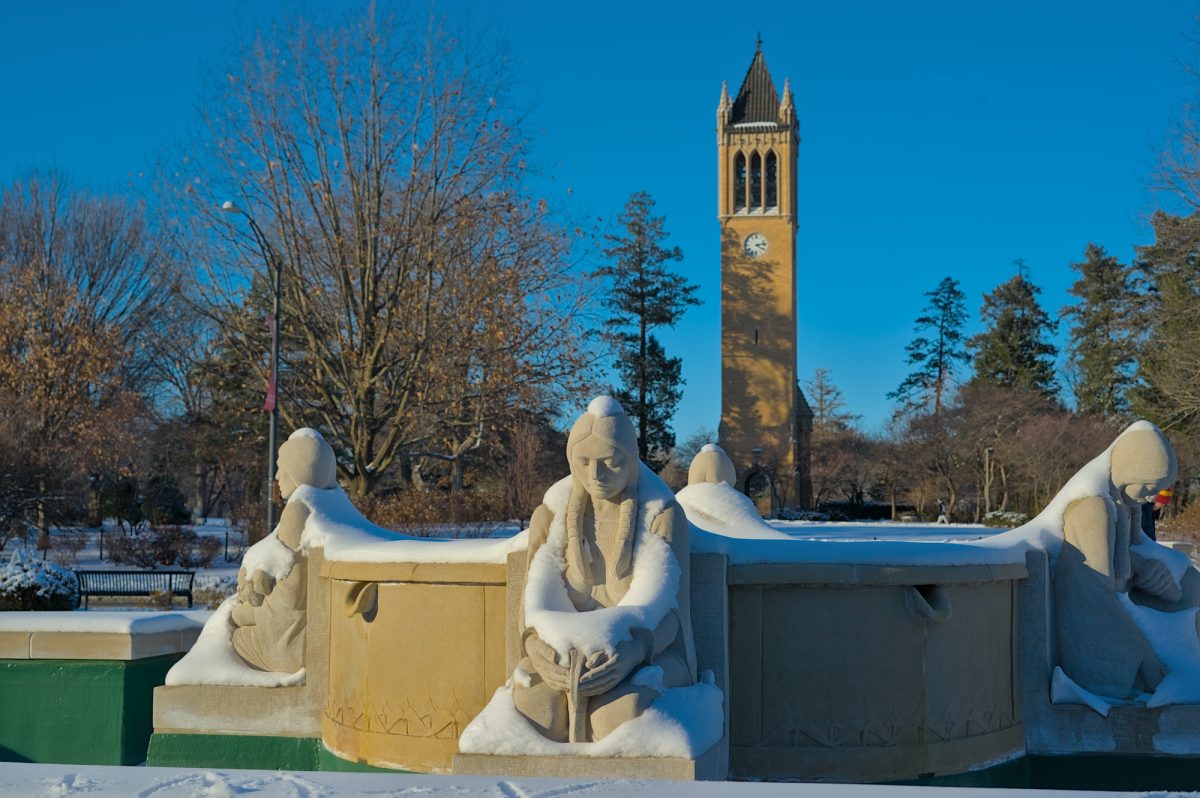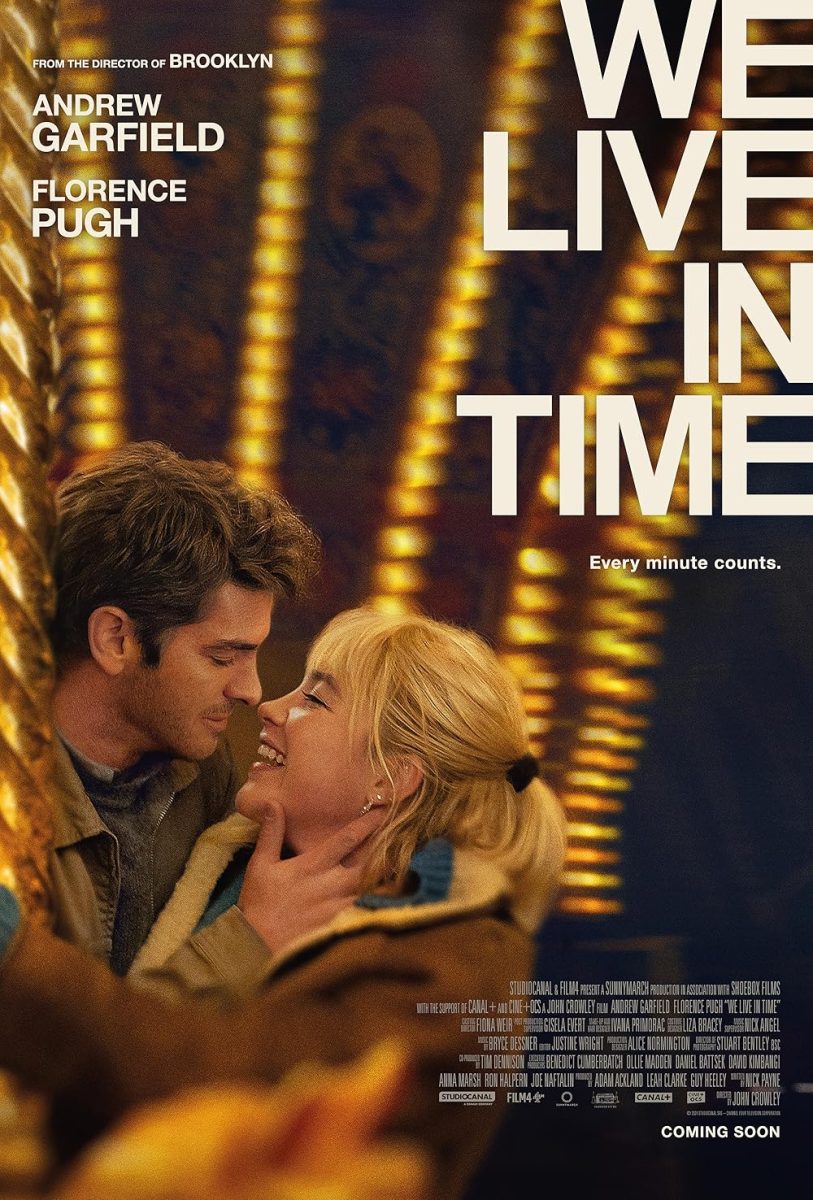Minority studies researchers get connected
February 7, 2008
In response to the changing nature of the role of minorities in education, an expanding group of scholars has set out to change the identity of minority studies.
The Future of Minority Studies research project was launched in 2000 by scholars from universities including Cornell, Syracuse and Stanford, and is designed to help minority studies researchers connect with others in related disciplines.
“Broadly speaking, we study minorities using a variety of disciplinary approaches,” said Satya P. Mohanty, professor of English at Cornell University and proponent of the project. “We connect approaches like Africana studies and gay, lesbian, bisexual, transgender studies; women’s studies; and disabilities studies. What we’re trying to do is connect all these different fields and see what they have in common.”
The project expanded into a topically themed summer institute program in 2005, Mohanty said.
It is primarily funded by the Andrew W. Mellon Foundation and brings together Ph.D. students and junior faculty into “a two-week institute that involves collaborative research and professional mentoring,” he said.
Mohanty said the twin prongs of research – the research project and the summer institute – work together to provide “the next generation of scholars working in minority studies” with the basis needed to thrive in an academic environment.
“The goal is to diversify the U.S. academy with the kind of scholars who go on to do really well and advance the cause of minority studies,” he said.
One woman who has taken advantage of the summer institute is Iowa State’s Nana Osei-Kofi, assistant professor of educational leadership and policy studies. Osei-Kofi said she joined FMS to be one of those researchers who are interested in the possibilities of minority studies and want to “learn from each other.”
“It’s basically people from different colleges and universities who have come together that are interested in minoritized scholarship and minoritized scholars in the academy,” Osei-Kofi said, “improving and strengthening higher education in the interest of what we might call our ‘aspirational democracy.'”
Osei-Kofi said she has been involved in the summer 2007 program and a colloquium, but what she found most inspirational was the “horizontal mentoring” the program allows for.
“You have differing people within higher ed, such as undergrad students, grad students, senior administrators, junior faculty and senior faculty, really working together and learning from each other without that hierarchy that may exist,” she said.
FMS scholarship also focuses on areas of minority studies in which “marginalized” studies are not fully represented, she said, such as disabilities studies, where there is “not a lot of room in traditional disciplines.”
“[FMS is] also focused on minoritized scholarship broadly defined, so it’s not simply that people aren’t necessarily the way we define ‘minority’ as underrepresented and underserved,” she said. “But it’s also that there’s bodies of work in areas of scholarship in different disciplines that are sort of marginalized.”






